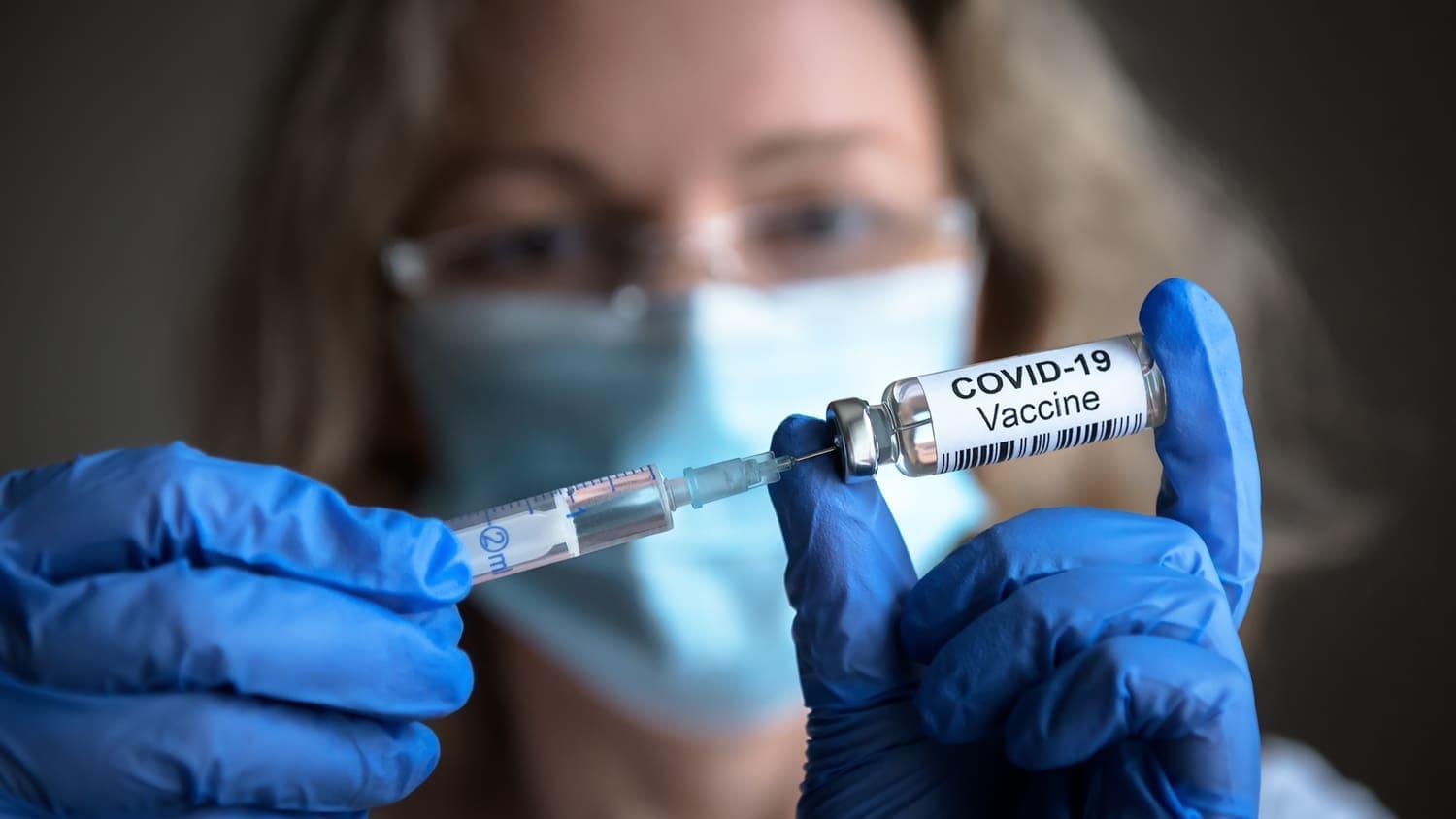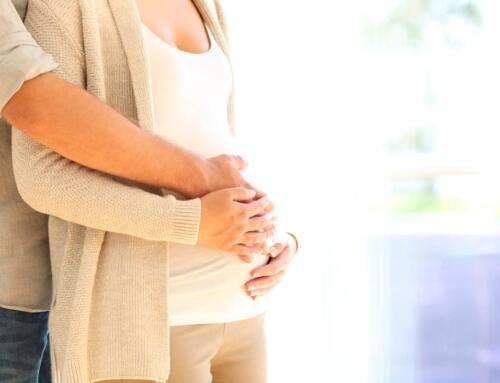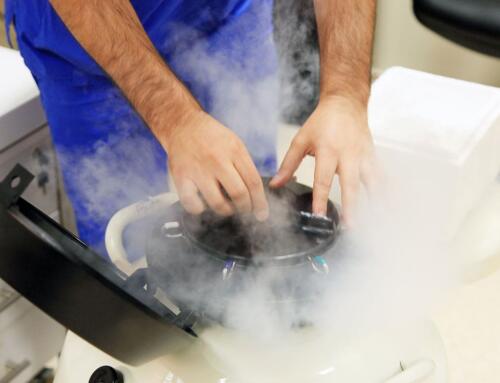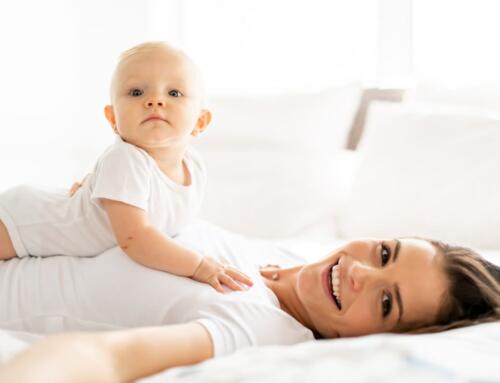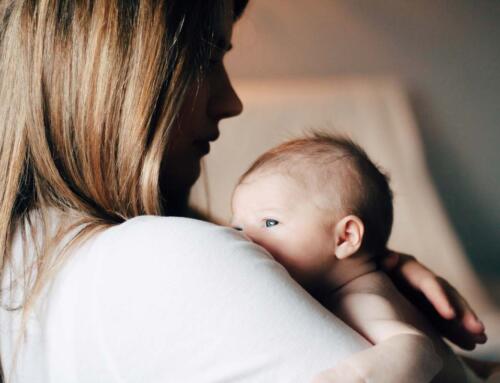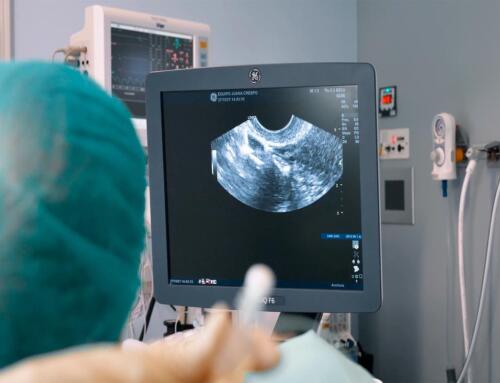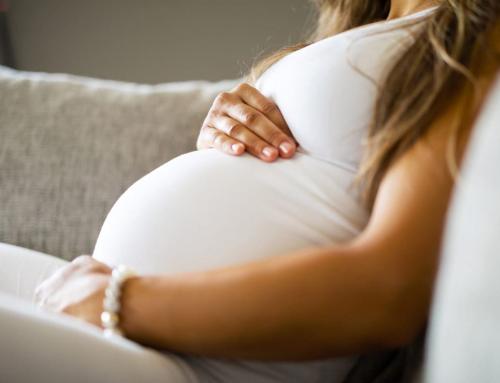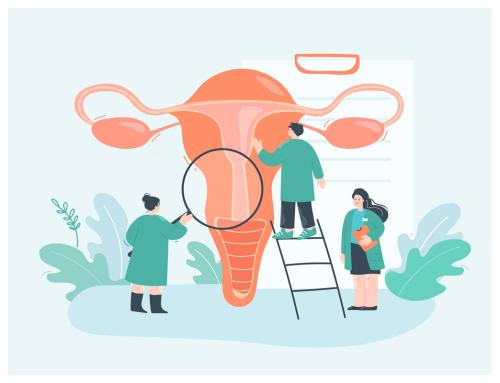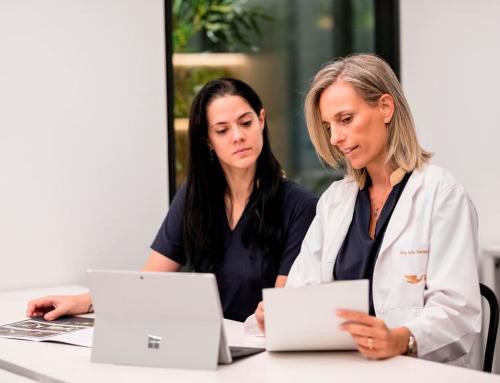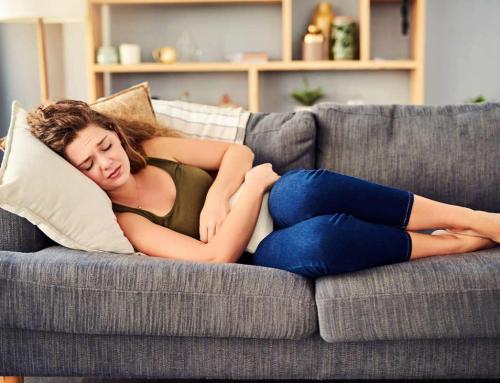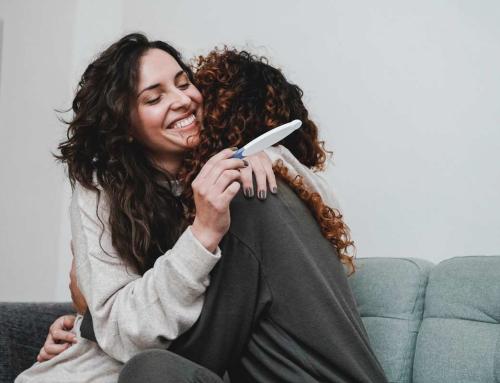We know there are many questions regarding COVID-19 vaccination and fertility treatments, since recommendations are constantly evolving as we learn the outcomes of the studies that are being carried out. What is the relationship between the COVID-19 vaccine and fertility? Is this vaccine safe for breastfeeding? When should I get vaccinated if I am undergoing assisted reproduction treatment?
We would like to answer these questions based on the scientific evidence and the meticulousness with which we carry out our day-to-day work in the Juana Crespo clinic. However, each patient and her circumstances are different, so it is advisable to discuss your decision in regards to vaccination with your gynecologist.
The relationship between COVID-19 vaccine and fertility
-At the moment, there is no scientific evidence that the vaccine causes infertility in either men or women.
-Since the current COVID-19 vaccines do not contain live virus, there is no way that they can interfere with the functioning of the reproductive organs of either sex.
–Nor are these vaccines associated with miscarriage, so vaccination does not require postponement of fertility treatments or pregnancy plans.
–The vaccine protects against severe COVID-19 and allows the antibodies to be transmitted to the baby during breastfeeding, so that the baby can also be immunized.
However, there are a number of COVID-19 and fertility recommendations that should be followed at every stage, whether before pregnancy, during pregnancy or while breastfeeding.
COVID-19 vaccine and assisted reproduction
–If you are already vaccinated you can try to get pregnant whenever you want.
You don’t have to wait for a specific moment to try to get pregnant naturally or through assisted reproduction treatments.
–If you are undergoing assisted reproductive treatment, you do not have to postpone it.
You can get vaccinated when it corresponds to your age range and continue with your treatment, whether it is artificial insemination, in vitro fertilization, egg donation, etc.
–Avoid getting vaccinated on days close to the puncture, transfer or artificial insemination.
At Juana Crespo we recommend our patients to avoid vaccination during the 3 days before or 3 days after an ovarian puncture, embryo transfer or artificial insemination.
This recommendation is based on the possibility of fever as a side effect of vaccination. Since fever hinders embryo implantation, it is advisable to move the vaccination date away from these three key moments in assisted reproduction treatments.
Otherwise, you don’t have to worry. You will be able to continue with the assisted reproduction treatment following your gynecologist’s recommendations.
COVID-19 vaccine and pregnancy
Although pregnant women were initially excluded from vaccination against COVID-19, scientific studies focusing on pregnant women now support that the COVID-19 vaccine is safe and recommended for pregnant women.
1- Why is vaccination recommended for pregnant women?
A pregnant woman who is infected with COVID-19 tends to behave the same as the rest of the population. However, in the third trimester of pregnancy, the immune response favors a series of complications that can lead to preeclampsia and/or premature delivery.
Therefore, if you get sick during the third trimester of pregnancy, there is a greater chance that the disease will worsen, compromising the health of the mother-to-be and may also affect the baby by causing premature delivery. That is why it is advisable that, before reaching this stage of pregnancy, the woman should be immunized.
2- When is vaccination recommended during pregnancy? (*see informative update)
The Spanish Society of Gynecology and Obstetrics (SEGO) recommends being cautious and avoiding vaccination in the first and third trimester of pregnancy.
-Vaccinate after the first 20 weeks of gestation.
In the first trimester of pregnancy, the embryo or fetus is more delicate, so it is advisable to wait until the first 20 weeks of gestation have passed.
-Vaccinating in the third trimester of pregnancy is too late.
In the third trimester, it may be too late for vaccination, since, as we have said, there is more risk for pregnant women who get COVID, which can lead to premature delivery.
– Get vaccinated between 20 and 28 weeks of pregnancy.
The best time to get vaccinated during pregnancy is between 20 and 28 weeks. This way we avoid the most risky stage for the fetus and at the same time we are ahead of the highest risk stage for natural coronavirus infection in pregnant women.
3-Which is the most advisable vaccine during pregnancy?
Scientific evidence indicates that messenger RNA vaccines are the most appropriate, since they have been proven to be safe and effective for pregnant women. These are the Pfizer and Moderna vaccines, which are precisely those indicated in Spain for the age range that coincides with the woman’s fertility stage.
4- What to do if you have been vaccinated without knowing you were pregnant?
If you have been vaccinated without knowing that you were in the first trimester of pregnancy, the most advisable thing to do at this time is to complete the schedule and get the second dose of the vaccine when it is due. However, if you have a risky pregnancy or other health issues, you should consult with your gynecologist in case it would be more appropriate to postpone the second dose to the breastfeeding stage.
COVID-19 vaccine and breastfeeding
-Vaccine and breastfeeding are compatible
If you are already breastfeeding and you are called for vaccination, we recommend that you get vaccinated and do not stop breastfeeding your baby.
So far, no components of the vaccine have been shown to be harmful to a breastfeeding baby.
-The vaccine is also beneficial for the baby.
Through breastfeeding, the baby may be receiving the protection and antibodies that the mother generates to COVID-19.
Since messenger RNA vaccines do not contain live microorganisms, you can rest assured that they have no ability to infect you or your baby. Moreover, it seems reasonable to think that if COVID-19 disease is compatible with breastfeeding, its vaccine, which does not even contain live virus, will be even more so.
Getting vaccinated as soon as possible
At Juana Crespo, following the health recommendations, we advise that anyone who can access vaccination should do so as soon as possible.
In this way, couples, and especially women, will be protected from the possible risks of COVID, before, during and after pregnancy.
As there are still many unknowns to be resolved, it is best to consult with your gynecologist about the COVID-19 vaccine and fertility recommendations for your particular case.
And if you are trying to get pregnant and have not yet succeeded, we recommend that you see a specialist as soon as possible and do not postpone your assisted reproduction treatments.
The longer you wait to seek help, the lower the chances of achieving pregnancy. Contact us at 961 042 557 or write us at info@juanacrespo.es and you will be able to book your first appointment at Juana Crespo Team and get the answer to any possible question regarding COVID-19 vaccine and fertility.


